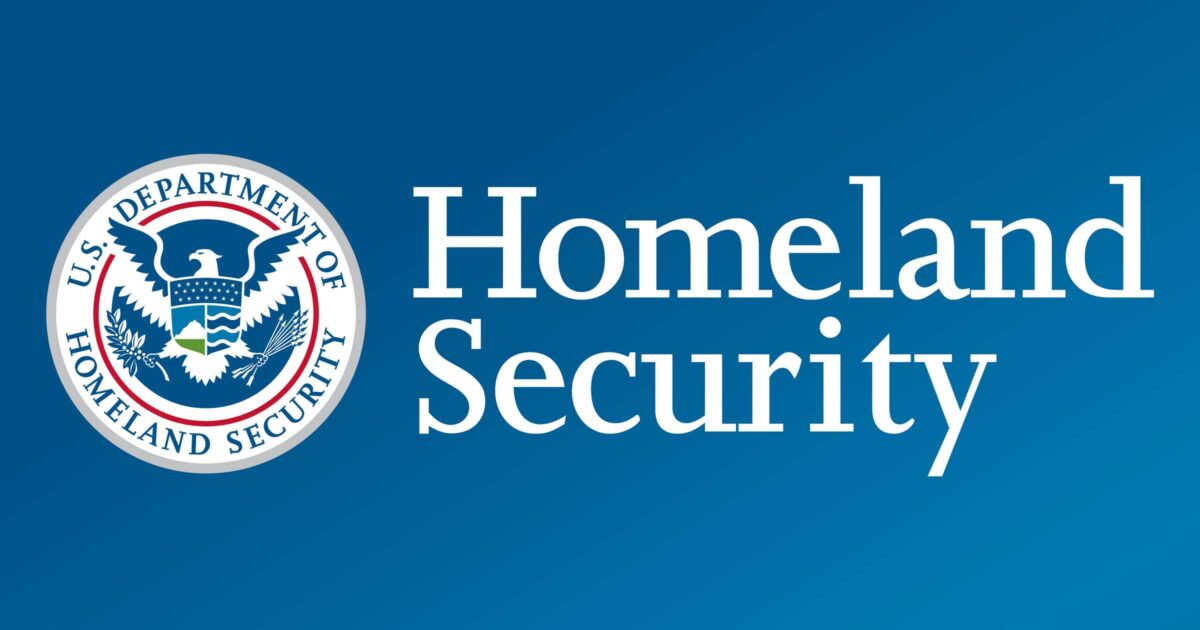Staff Report –
The Biden administration is further extending the deadline for citizens to go through the process of verifying their identity through the Real ID program due to circumstances resulting from the ongoing COVID-19 pandemic.
The enforcement date will now be pushed back by by 19 months, from October 1, 2021 to May 3, 2023, Homeland Security Secretary Alejandro N. Mayorkas said in an announcement this week.
The pandemic has significantly impacted states’ ability to issue REAL ID-compliant driver’s licenses and identification cards, with many driver’s licensing agencies still operating at limited capacity, Mayorkas said.
“Protecting the health, safety, and security of our communities is our top priority,” he said. “As our country continues to recover from the COVID-19 pandemic, extending the REAL ID full enforcement deadline will give states needed time to reopen their driver’s licensing operations and ensure their residents can obtain a REAL ID-compliant license or identification card.”
Beginning May 3, 2023, every air traveler 18 years of age and older will need a REAL ID-compliant driver’s license or identification card, state-issued enhanced driver’s license, or another TSA-acceptable form of identification at airport security checkpoints for domestic air travel.
The Real ID Act of 2005 was passed by Congress in the Bush years in response to the 9/11 attacks on the World Trade Center to fight terrorism. Republicans in Congress have continued to push for enforcement of the law to prevent immigrants from voting and receiving federal services such as health care and food assistance, all while publicly pretending for political purposes that they represent the party of small government and stand for getting the federal government off peoples’ backs and out of their private lives.
A Real ID would be a federal government approved identification card with every person s’ full legal name, signature, date of birth, gender, a unique identifying number, a principal residence address and a front-facing photograph. For people who travel a lot for work or live in RVs like the character recently featured in the year’s best film Nomadland, finding a place to use as a permanent address can be a problem. Compliant IDs must also feature specific security features intended to prevent tampering, counterfeiting, or duplication of the document for fraudulent purposes.
The New York Times and other news outlets were critical of the law when it passed on the basis of privacy.
“In a more rational world, Congress would have started thinking hard about identity cards right after Sept. 11. By now, the nation’s lawmakers could have had a long and serious discussion about how to create a sensible national ID that would provide identification and security while protecting privacy. This is, after all, a critical issue in terms of both safety and civil liberties,” The Times said in an editorial back then.
“Too bad. What Congress is doing instead is to ram through a bill that turns state-issued driver’s licenses into a kind of phony national identity card through the mislabeled “Real ID” provision. And in order to make absolutely sure there’s no genuine debate, the sponsors have tied it to a crucial bill providing funds for American troops in Iraq and Afghanistan.”
The Bush administration created the new federal agency and bureaucracy called Homeland Security in response to the threat of terrorism from abroad. The Trump administration tried to ramp up enforcement in its fight against illegal immigration on the U.S.-Mexico border. But the coronavirus pandemic made it impossible to fully enforce.
All 50 U.S. states, the District of Columbia, and four of five U.S. territories covered by the REAL ID Act and related regulations are now compliant with REAL ID security standards and are issuing REAL ID-compliant driver’s licenses and identification cards. But many state licensing agencies have extended the deadline for renewing expiring licenses due to a widespread shift to appointment-only scheduling protocols during the pandemic. This has significantly limited states’ capacity to issue REAL ID-compliant driver’s licenses and identification cards.
As a result, only 43 percent of all state-issued driver’s licenses and identification cards are currently REAL ID-compliant. DHS and various states also need time to implement requirements mandated by the REAL ID Modernization Act, including changes that will streamline processing by allowing the electronic submission of certain documents.
DHS continues to work closely with all U.S. states, the District of Columbia, and U.S. territories to implement REAL ID Act requirements, Mayorkas said.
For more information on REAL ID, visit the agency’s website.














